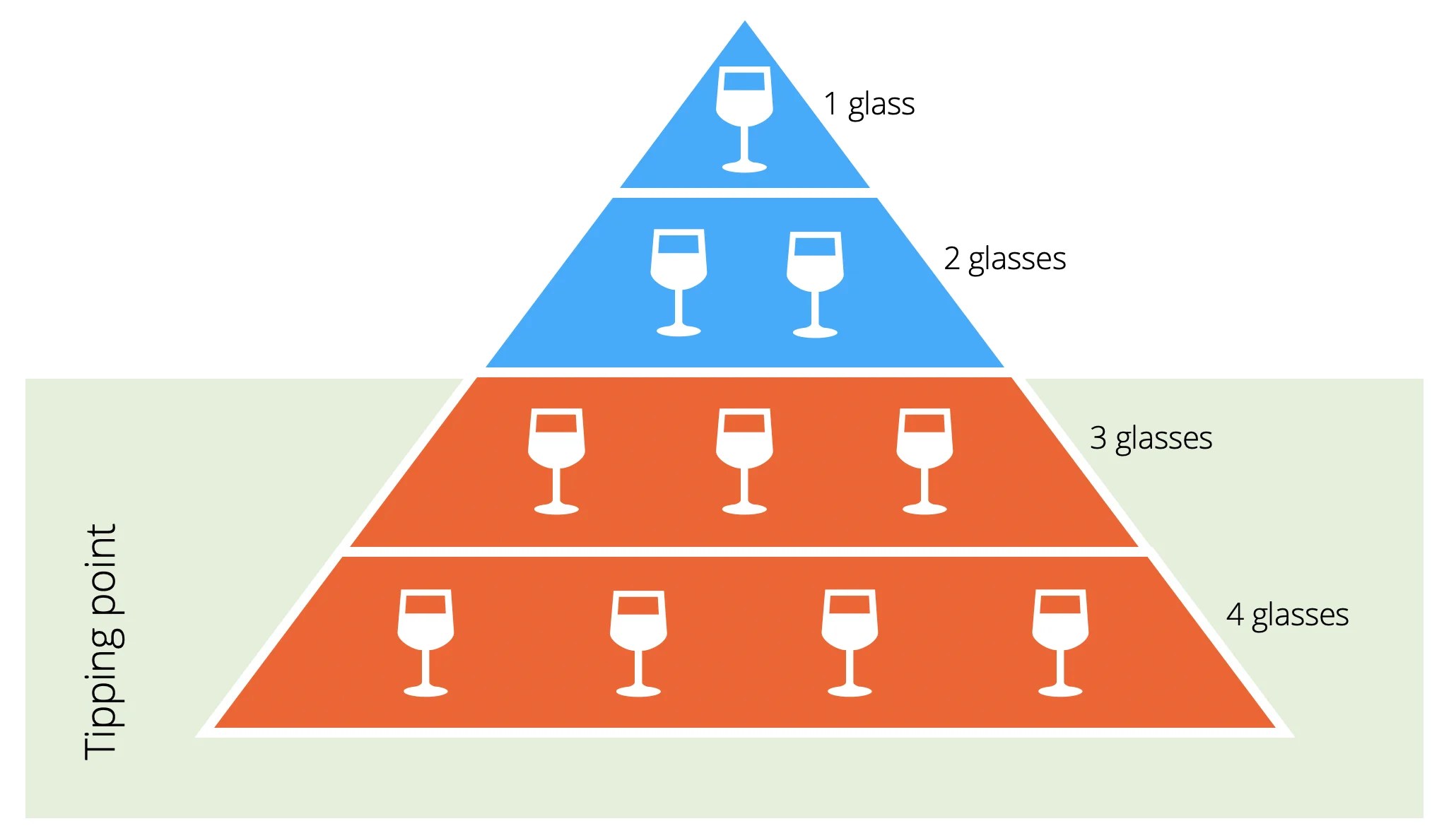

Does Alcohol Cause You To Gain Weight? Understanding The Connection
When it comes to weight management, one question often arises: does alcohol cause you to gain weight? This inquiry is essential for anyone looking to maintain or lose weight while enjoying social gatherings or unwinding after a long day. Understanding the relationship between alcohol consumption and weight gain is critical for making informed choices about diet and lifestyle.
In this article, we will explore the various ways alcohol can impact your weight, examining the science behind alcohol metabolism, its caloric content, and its potential effects on appetite and food choices. We will also provide practical tips for moderating alcohol intake while still enjoying your favorite beverages without compromising your health goals.
Whether you are a casual drinker or someone who enjoys a night out on the weekends, understanding how alcohol affects your body is vital. Let’s dive deep into the facts and dispel any myths surrounding alcohol consumption and weight gain.
Table of Contents
- Understanding Alcohol and Caloric Content
- How Alcohol Is Metabolized in the Body
- Alcohol and Appetite Changes
- Types of Alcoholic Beverages and Weight Gain
- Strategies to Reduce Alcohol Intake
- The Impact of Mixing Alcohol with Food
- Myths and Misconceptions About Alcohol and Weight
- Conclusion and Call to Action
Understanding Alcohol and Caloric Content
Alcohol contains calories, which can contribute to weight gain if consumed in excess. Specifically, each gram of alcohol provides approximately 7 calories. This is nearly as calorie-dense as fat, which contains 9 calories per gram, yet far more than carbohydrates and proteins, which offer only 4 calories per gram.
Caloric Breakdown of Popular Alcoholic Beverages
- Beer: Approximately 150 calories per 12-ounce serving.
- Wine: Roughly 120-130 calories per 5-ounce glass.
- Spirits: About 100 calories per 1.5-ounce shot (not including mixers).
Many people do not account for these calories when considering their overall daily intake. Additionally, alcoholic beverages often come with added sugars and mixers, further increasing their caloric content.
How Alcohol Is Metabolized in the Body
The body metabolizes alcohol differently than food. When consumed, alcohol is absorbed directly into the bloodstream and metabolized primarily by the liver. This process can disrupt normal metabolic functions, affecting how your body processes other nutrients.
Because alcohol is processed before other macronutrients, it can lead to the storage of fats and sugars, which may contribute to weight gain.
Alcohol and Appetite Changes
Alcohol consumption can lead to changes in appetite and food choices. Research indicates that drinking alcohol can increase feelings of hunger and reduce self-control when it comes to food intake.
- Increased cravings for high-calorie foods.
- Lowered inhibition, leading to overeating.
- Disruption of hormones that regulate appetite.
These factors combined can make it challenging to maintain a healthy diet when consuming alcohol regularly.
Types of Alcoholic Beverages and Weight Gain
Different types of alcoholic beverages can have varying effects on weight gain. Understanding these differences can help you make better choices.
Beer vs. Wine vs. Spirits
- Beer is often higher in calories due to its carbohydrate content.
- Wine, particularly sweet wines, can contain added sugars, increasing caloric intake.
- Spirits, while lower in calories, can lead to increased consumption of sugary mixers.
Choosing lower-calorie options, such as light beers or dry wines, can help mitigate weight gain while still allowing you to enjoy a drink.
Strategies to Reduce Alcohol Intake
To enjoy alcohol in moderation and limit its impact on weight, consider these strategies:
- Set a limit on the number of drinks per week.
- Opt for lower-calorie beverages.
- Alternate alcoholic drinks with water or other non-caloric beverages.
- Be mindful of portion sizes and avoid oversized servings.
The Impact of Mixing Alcohol with Food
Combining alcohol with food can have mixed effects on weight management. While having food in your stomach can slow alcohol absorption, it can also contribute to higher calorie consumption.
Choosing healthy snacks or meals when drinking can help balance the caloric intake and minimize weight gain.
Myths and Misconceptions About Alcohol and Weight
There are many myths surrounding alcohol and weight gain. Here are a few common misconceptions:
- Myth: "Light beer won't cause weight gain." - Reality: Light beer is lower in calories but can still contribute to weight gain if consumed in excess.
- Myth: "Drinking on an empty stomach helps with weight loss." - Reality: Drinking without food can lead to poor food choices later and increased calorie consumption.
Conclusion and Call to Action
In conclusion, while alcohol can contribute to weight gain, understanding its impact on your body and making informed choices can help you manage your weight effectively. By being mindful of your alcohol consumption, you can enjoy your favorite beverages without jeopardizing your health goals.
We encourage you to share your thoughts on this topic in the comments below and explore more articles on our site for tips on healthy living and weight management.
Thank you for reading, and we hope to see you back soon for more insights and advice!
Best Budget GPUs For Gaming In 2023
Can Dogs Have Pears? A Complete Guide To Feeding Pears To Your Canine Friends
Exploring The Timeless Charm Of The 1990 Mazda Miata


